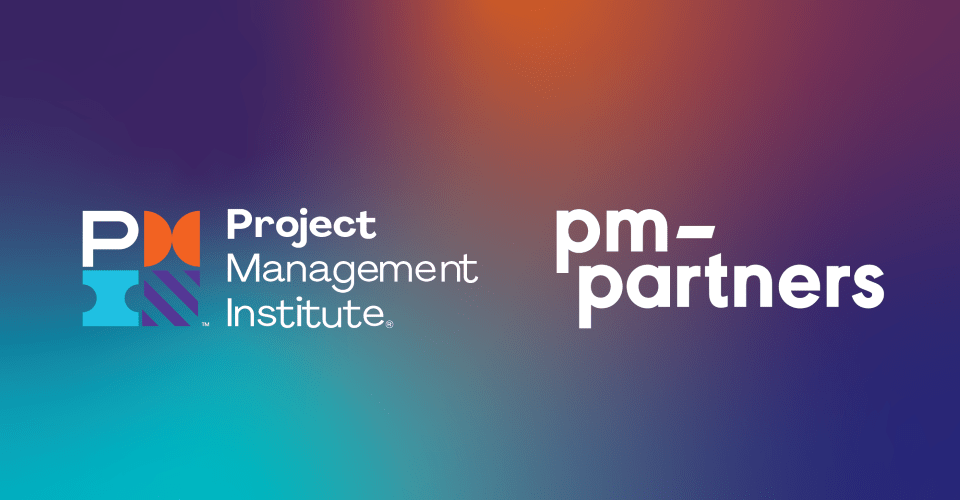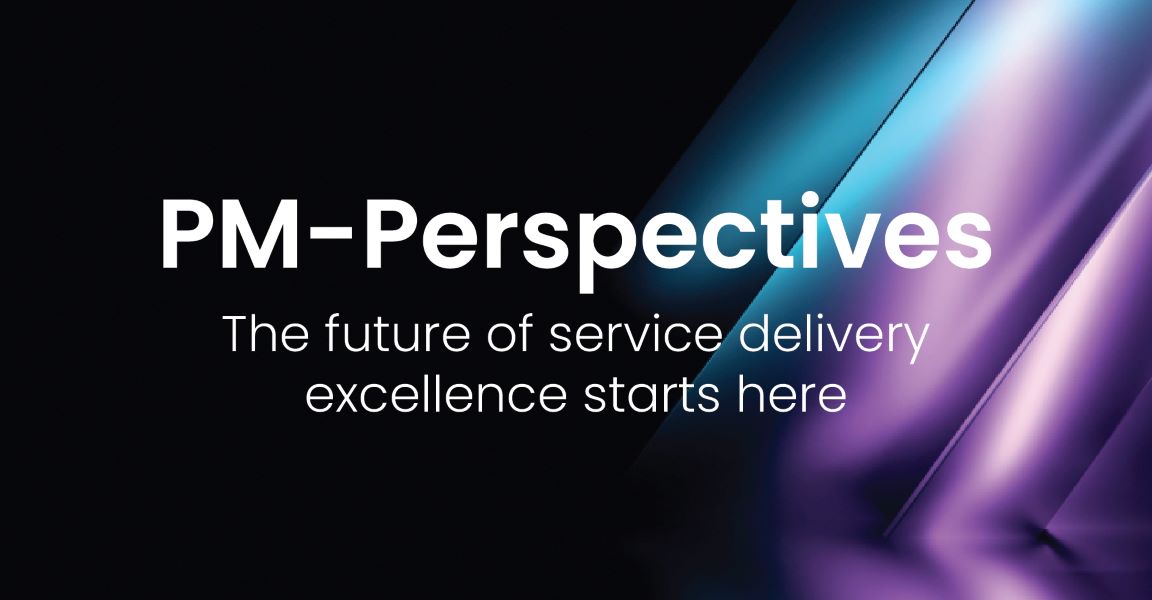Applying ‘Intelligence’ to Projects
Approximately two-thirds (66%) of all projects surveyed over the past decade have failed or were challenged. Most troublesome were larger projects. Only 19% of large- projects costing US$750,000 to US$3 million were successful in 2009 (The Standish Group 2009).
The major causes of project failure are well documented. The causes highest on the list are not process related, as maybe expected, but are directly driven by the people dynamics of the project. PM-Partners group refers to this as the “art” and “science” of project management. Most organisations invest heavily in the “science” of project management (e.g. systems, methodology and performance management) but neglect the “art” of stakeholder management, team engagement and communication. The ability of a project manager to build a team that addresses both the art and science of project management will substantially improve the success rate of projects for an organisation.
Top 3 Causes of Poor Performance*
- Lack of User Involvement – 15.9%
- Lack of Executive Support – 12.8%
- Lack of User Input – 12.3%
Valuing Diversity
Emerging science indicates that there are four intelligence groups that need to be harnessed within a successful project team.
As with many other aspects of life, people have different ways of approaching a challenge such as the delivery of a project. Some people will be successful at the art, and others will excel at the science. A person’s experience, natural inclinations, education and influences will determine which intelligence they have developed.
Emotional Intelligence (EQ)
Emotional Intelligence encapsulates the soft skills required to effectively engage people. Within the project management context these people are most adept when engaging with stakeholders. People with high “EQ” are able to take a very considered approach to their communication and interaction with others. They understand the logic surrounding what needs to be achieved, they can put themselves into the shoes of others and use well-honed communication skills to bring about a positive response. Contrary to popular understanding having good “people” skills doesn’t mean you’re always placating people. Instead, having high EQ means you also know when to stand firm and how to crack the whip when appropriate.
Management Intelligence (MQ)
People with high management intelligence are masters of managing the interface between the project and the organisation. They have a “head” for organisational structure and are able to translate organisational goals and needs into project outcomes. They understand how to work the system to secure resources for the project. They know when to engage in politics and when to avoid it.
Process Intelligence
Vital to all projects is effective methodology; finding the balance between control and flexibility, enabling people to efficiently and effectively complete tasks. People with high process intelligence know how to strike that balance. They know how to create trusted processes that give people clear direction and confidence.
Conflict Intelligence
In the project management context, conflict intelligence isn’t so much about sorting out problems between people but rather having the smarts to effectively manage competing solutions. Often there is more than one way to complete a task or achieve an outcome. A person with high conflict intelligence can work through the benefits of each solution, assess relevance, impact and requirements and then recommend the optimum path.
Optimising Your Project Team
Whether you have the opportunity to build a team from scratch or have inherited an existing team, there are some fundamental steps you can take to optimise the performance of your team.
The first principle to keep top of mind is that you want all four intelligence groups to be covered by your team. The absence of any of the groups will contribute to project failure. If there are any significant gaps in the team then you need to consider ways of bridging that gap, either through recruitment or skills development.
1. Capability Assessments
Conduct an assessment of each team member using proven psychological profiling tools such as Bar-On EQi to identify each person’s strengths. Build people’s roles within the team to play to their strengths. If you are recruiting new members, assess gaps within the existing team and use your recruitment strategy to address those shortfalls.
2. Competency Training and Mentoring
No team or person is perfect. In most instances new skills will need to be developed. There are a variety of formalised training courses available that address each of the required skills areas. It is important to note, from our experience, that training delivers only part of the desired outcome. If you are managing a complex or important project we strongly recommend combining training with on-the-job mentoring by experienced project managers with the skill sets you would like to replicate.
3. Health Checks
Project health checks can be conducted at the start, during or at the end of a project. Health checks are an easy, unobtrusive spot check on how the team is performing in practice. Health checks will provide you with valuable insights enabling you to fine-tune team performance.








